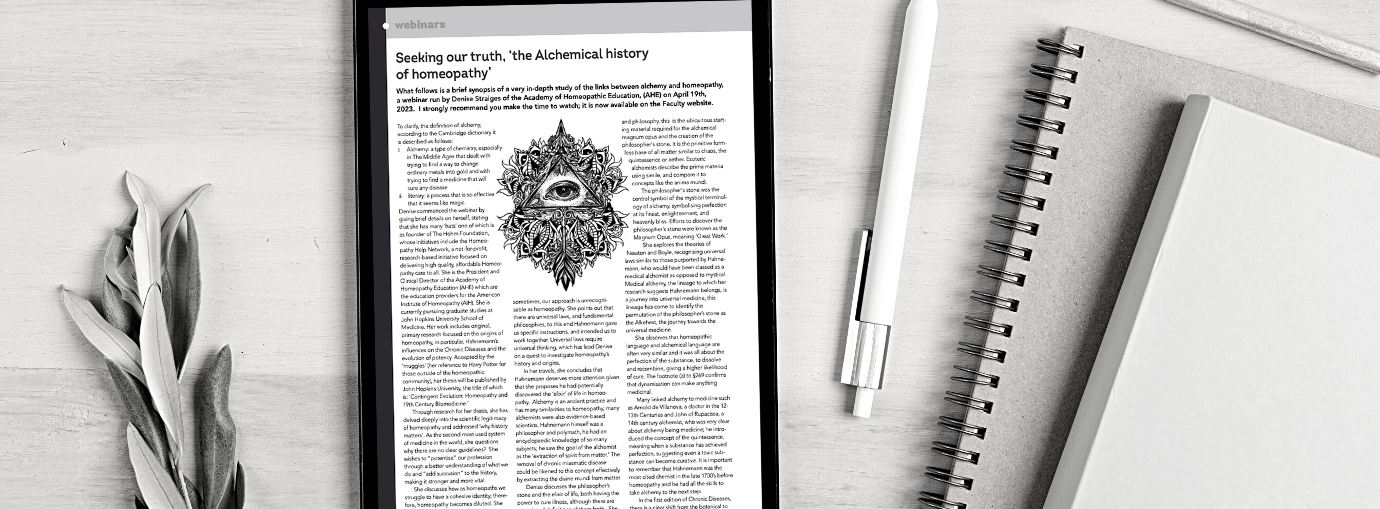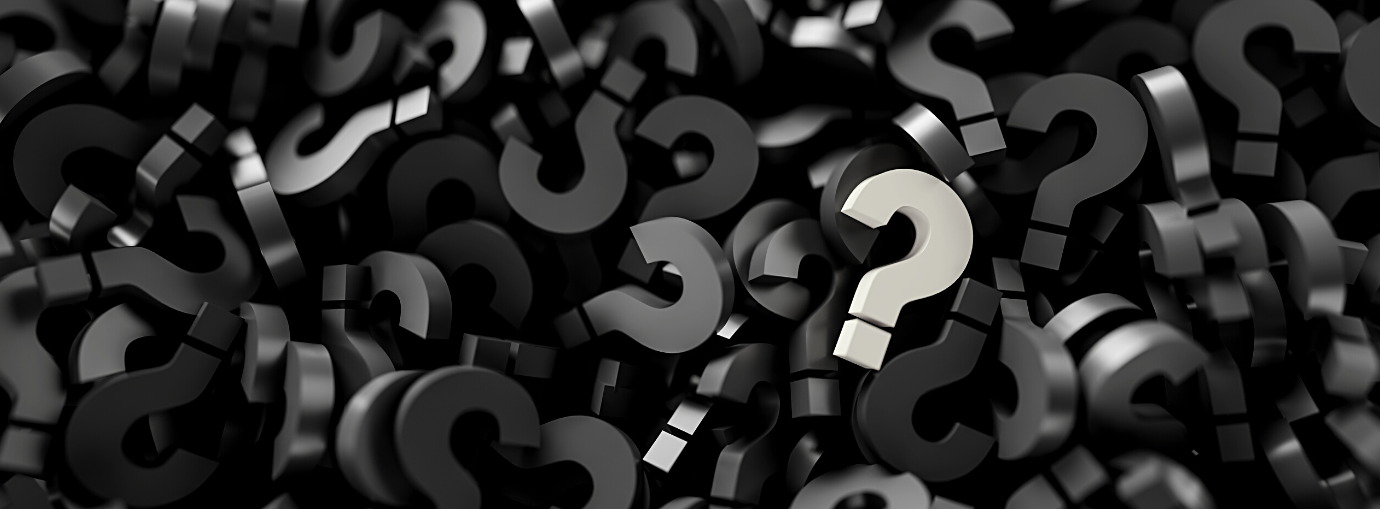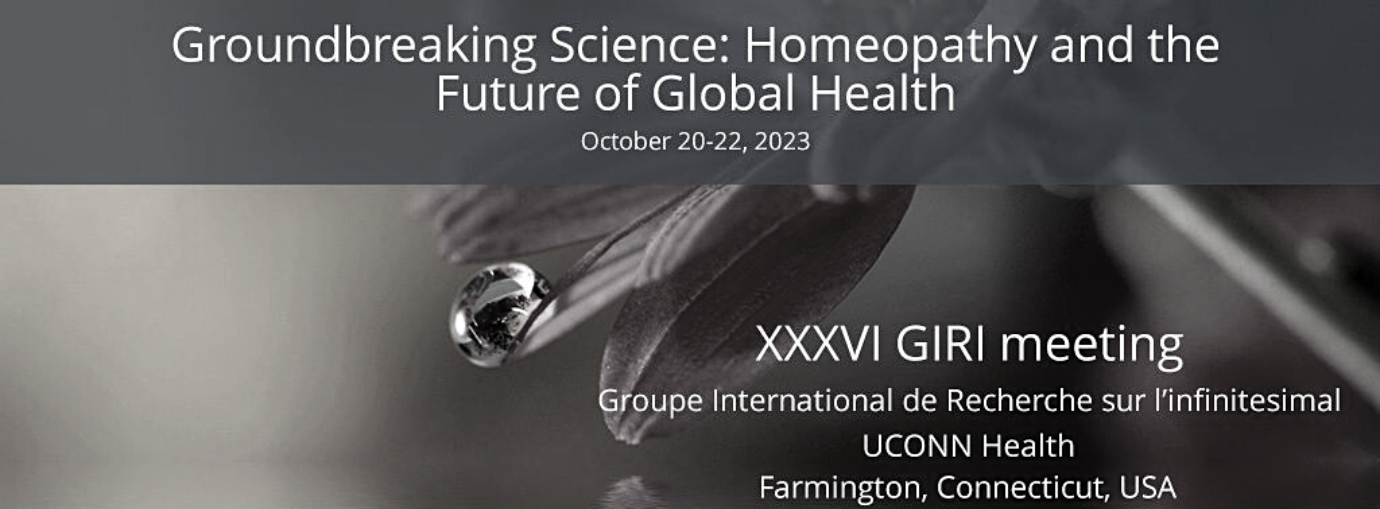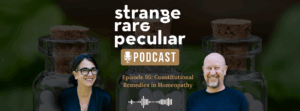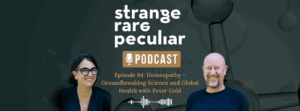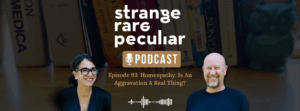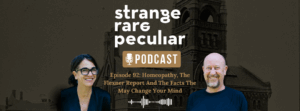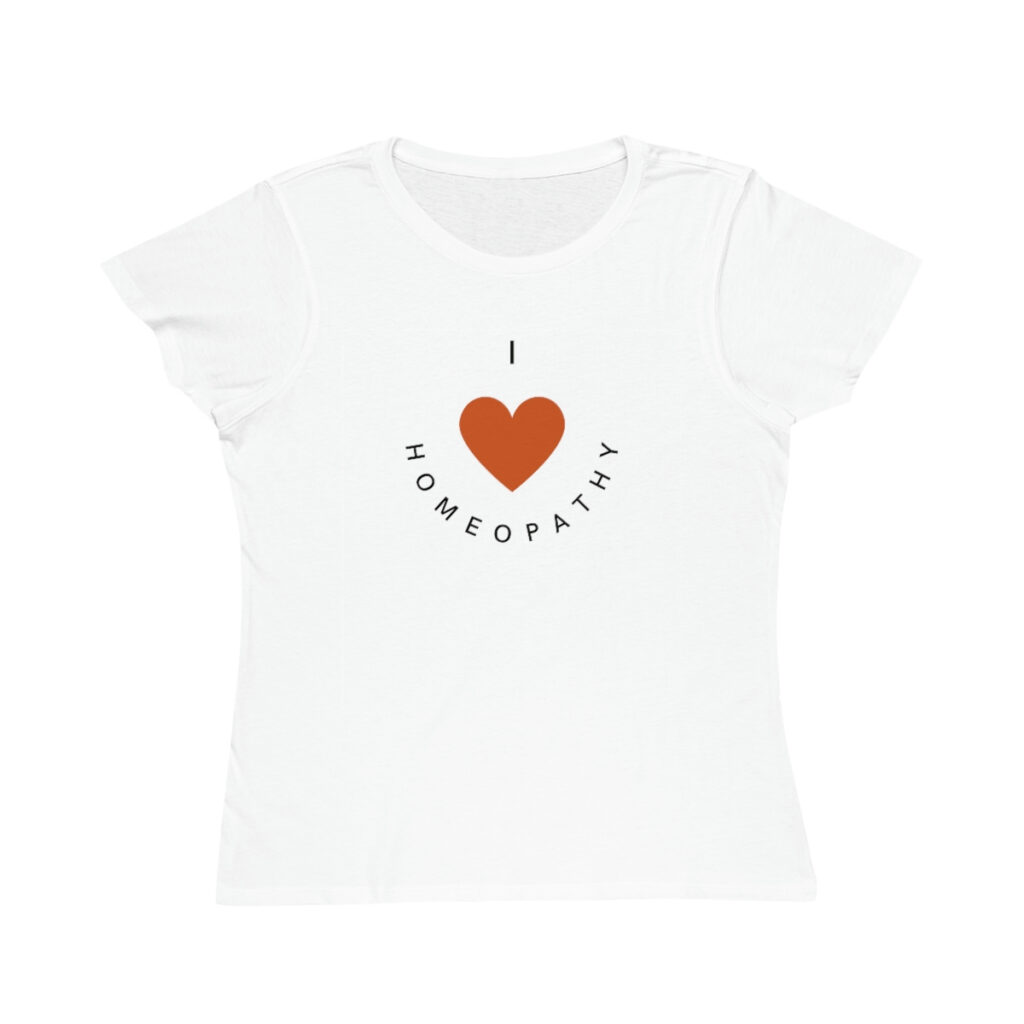On April 19, 2023, Denise Straiges had the honor of presenting Seeking Our Truth: The Alchemical History of Homeopathy to Faculty of Homeopathy members. The following article was featured in Simile, a UK Faculty of Homeopathy publication and is being shared with permission from the editor. The recorded presentation is available to Faculty of Homeopathy members on their website.
What follows is a brief synopsis of a very in-depth study of the links between alchemy and homeopathy, a webinar run by Denise Straiges of the Academy of Homeopathic Education, (AHE) on April 19th, 2023.
To clarify, the definition of alchemy, according to the Cambridge dictionary it is described as follows:
i: Alchemy: a type of chemistry, especially in The Middle Ages that dealt with trying to find a way to change ordinary metals into gold and with trying to find a medicine that will cure any disease
ii: literary: a process that is so effective that it seems like magic.
Denise commenced the webinar by giving brief details on herself, stating that she has many ‘hats’ one of which is as founder of The Hohm Foundation, whose initiatives include the Homeopathy Help Network, a not-for-profit, research-based initiative focused on delivering high quality, affordable Homeo- pathy care to all. She is the President and Clinical Director of the Academy of Homeopathy Education (AHE) which are the education providers for the American Institute of Homeopathy (AIH). She is currently pursuing graduate studies at John Hopkins University School of Medicine. Her work includes original, primary research focused on the origins of homeopathy, in particular, Hahnemann’s influences on the Chronic Diseases and the evolution of potency. Accepted by the ‘muggles’ (her reference to Harry Potter for those outside of the homeopathic community), her thesis will be published by John Hopkins University, the title of which is: ‘Contingent Evolution: Homeopathy and 19th Century Biomedicine.’
Through research for her thesis, she has delved deeply into the scientific legitimacy of homeopathy and addressed ‘why history matters.’ As the second most used system of medicine in the world, she questions why there are no clear guidelines? She wishes to “potentise” our profession through a better understanding of what we do and “add succusion” to the history, making it stronger and more vital.
She discusses how as homeopaths we struggle to have a cohesive identity; therefore, homeopathy becomes diluted. She goes onto point out that there are many inconsistencies in the way we all work, sometimes, our approach is unrecognisable as homeopathy. She points out that there are universal laws, and fundamental philosophies, to this end Hahnemann gave us specific instructions, and intended us to work together. Universal laws require universal thinking, which has lead Denise on a quest to investigate homeopathy’s history and origins.
In her travels, she concludes that Hahnemann deserves more attention given that she proposes he had potentially discovered the ‘elixir’ of life in homeopathy. Alchemy is an ancient practice and has many similarities to homeopathy; many alchemists were also evidence-based scientists. Hahnemann himself was a philosopher and polymath, he had an encyclopaedic knowledge of so many subjects; he saw the goal of the alchemist as the ‘extraction of spirit from matter.’ The removal of chronic miasmatic disease could be likened to this concept effectively by extracting the divine mundi from matter.
Denise discusses the philosopher’s stone and the elixir of life, both having the power to cure illness, although there are convoluted definitions of them both. She refers to the ‘prima materia.’ In alchemy and philosophy, this is the ubiquitous starting material required for the alchemical magnum opus and the creation of the philosopher’s stone. It is the primitive formless base of all matter similar to chaos, the quintessence or aether. Esoteric alchemists describe the prima materia using simile, and compare it to concepts like the anima mundi.
The philosopher’s stone was the central symbol of the mystical terminology of alchemy, symbolising perfection at its finest, enlightenment, and heavenly bliss. Efforts to discover the philosopher’s stone were known as the Magnum Opus, meaning ‘Great Work.’
She explores the theories of Newton and Boyle, recognising universal laws similar to those purported by Hahnemann, who would have been classed as a medical alchemist as opposed to mystical. Medical alchemy, the lineage to which her research suggests Hahnemann belongs, is a journey into universal medicine, this lineage has come to identify the permutation of the philosopher’s stone as the Alkehest, the journey towards the universal medicine.
She observes that homeopathic language and alchemical language are often very similar and it was all about the perfection of the substance, to dissolve and recombine, giving a higher likelihood of cure. The footnote (a) to §269 confirms that dynamisation can make anything medicinal.
Many linked alchemy to medicine such as Arnold de Villanova, a doctor in the 12- 13th Centuries and John of Rupacissa, a 14th century alchemist, who was very clear about alchemy being medicine; he introduced the concept of the quintessence, meaning when a substance has achieved perfection, suggesting even a toxic sub-stance can become curative. It is important to remember that Hahnemann was the most cited chemist in the late 1700’s before homeopathy and he had all the skills to take alchemy to the next step.
In the first edition of Chronic Diseases, there is a clear shift from the botanical to the mineral remedies and in refinements in the preparation of remedies. Fifteen new remedies were discussed, half of which, interestingly, were carbons. Richard Hughes stated that Hahnemann needed a whole new set of remedies, Dudgeon observed that these were a whole new series of medicaments. All this possibly pointing to the fact that plant remedies, may not have capacity to unravel chronic disease.
Much was discussed regarding the time line between then and the 6th edition of The Organon, which was not published for 78 years after his death, from the appearance of his Magnum Opus, and suggests there must have been a good reason; he asked Melanie to wait till ‘the time was right.’ With the introduction of the LM potency in the 6th edition, maybe this was now ‘the right time’. Hahnemann observed in working with LM’s, the extraction from spirit and matter, this is literally an expression of the process of creating the philosopher’s stone and the elixir of life, freeing the divine mundi from its incarceration in matter.
Several homeopaths such as Kent, with his Swedenborgian influence focused on spirituality and high potencies which were reflected in the 4th edition of The Organon. Many similarly maintained that the mind was top of the hierarchy of symptoms, including Bach and his unique method with Flower Essences. Other influences followed: Maughan, Da Monte, with the Druid influence, which had a focus on mental symptoms. Denise points out that §211 could possibly be misappropriated, when it states that the mind is king and that is what tips the scale, she suggests the physical body in terms of healing is just as important; she maintains that there is still medical alchemy.
Much more was covered in this thought- provoking webinar; this account merely scratches the surface of a very complicated subject, ‘the legitimate pursuit of the elixir of life.’ The webinar clearly generated a lot of interest and was followed by a lengthy Q&A. Denise’s enthusiasm for this subject reflects the depth of her explorations; she insists that there is much more primary research to be done to unravel the complexities discussed. What is clear is that alchemy, like homeopathy is clearly misunderstood, she is certainly going to depths that haven’t been previously explored, particularly by our generation of homeopaths. In her quest for enlightenment, she embodies the true meaning of ‘Aude Sapere’.
Thank you so much to the Faculty of Homeopathy for sharing this article with our community!
Gill Graham
FeatureSimile@facultyofhomeopathy.org
https://www.facultyofhomeopathy.org

